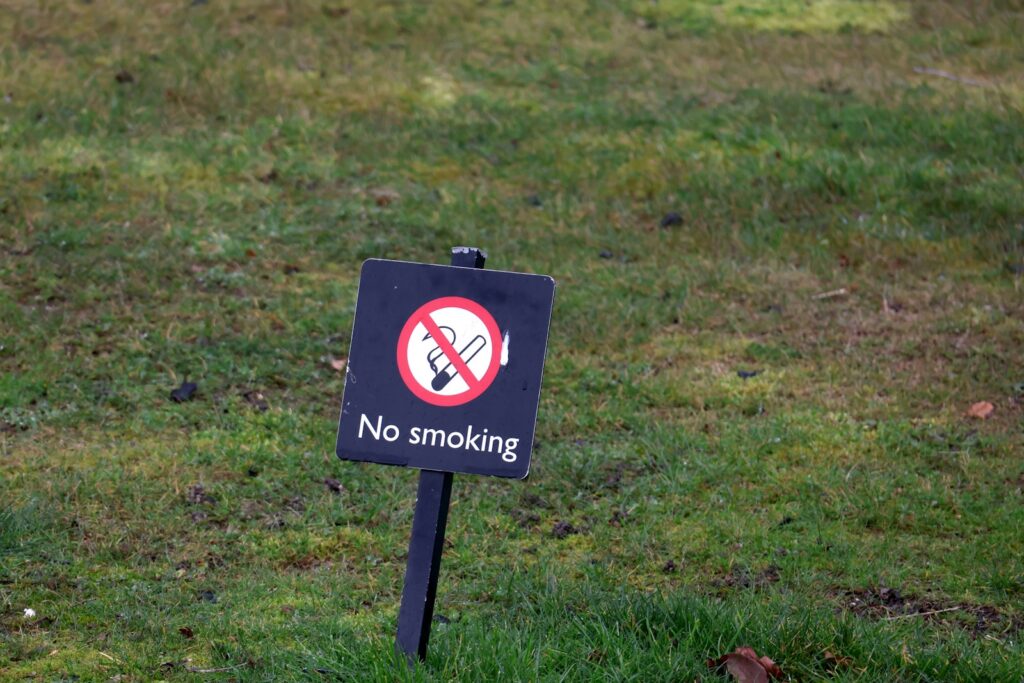Unregulated, informal mining in Nigeria is exposing whole communities to dangerous levels of airbourne lead that have been found to be up to 10 times higher than the US Permissible Exposure Limit.
Published in the Journal of Occupational and Environmental Hygiene, the study is the first to specifically measure airborne lead exposure from self-employed artisanal lead miners as a source of community contamination.
Lead ore is bagged and sold for export.This informal industry involves small-scale, often illegal mining in which individuals or small groups extract lead ore using basic tools and low-tech methods. It is typically unregulated, labour-intensive and lacks safety or environmental protections.
Most of Nigeria’s lead ore is exported to China where it is used in batteries. Demand is soaring, with shipments having increased by 360% between 2013 and 2022. Similar risks are being reported in countries like Zambia and Myanmar, where unregulated mining continues to contaminate communities.
The research also examined artisanal gold ore processing in Northern Nigeria, a process in which manual hammers, or diesel-powered tools are used to extract gold from ore, releasing significant amounts of lead dust into the air. In some cases, lead exposure was found to exceed safety limits by more than 30 times.
Manti Michael Nota, a lecturer at Ardhi University in Tanzania and lead author of the study said: ‘We found that lead exposures among underground lead miners are as much as 22 times the occupational lead air standard. These exposures are contributing to the high rates of childhood lead poisoning we have seen in these communities.’
Perry Gottesfeld, Executive Director of Occupational Knowledge International (OK International), emphasised the dangers posed by these under-regulated operations: ‘These findings suggest that informal lead mining is one of the most hazardous forms of mining that gets little attention despite the growing presence of self-employed lead mining operations around the world.’
Lead exposure is linked to neurological damage and cardiovascular disease, contributing to an estimated 5 million deaths annually. In 2020 there was a lead poisoning outbreak in Zamfara State, caused by artisanal gold mining where the ore contained unusually high concentrations of lead. Children were especially affected, with hundreds of deaths and thousands suffering from severe lead poisoning.
Image: Occupational Knowledge International


















Leave a Reply